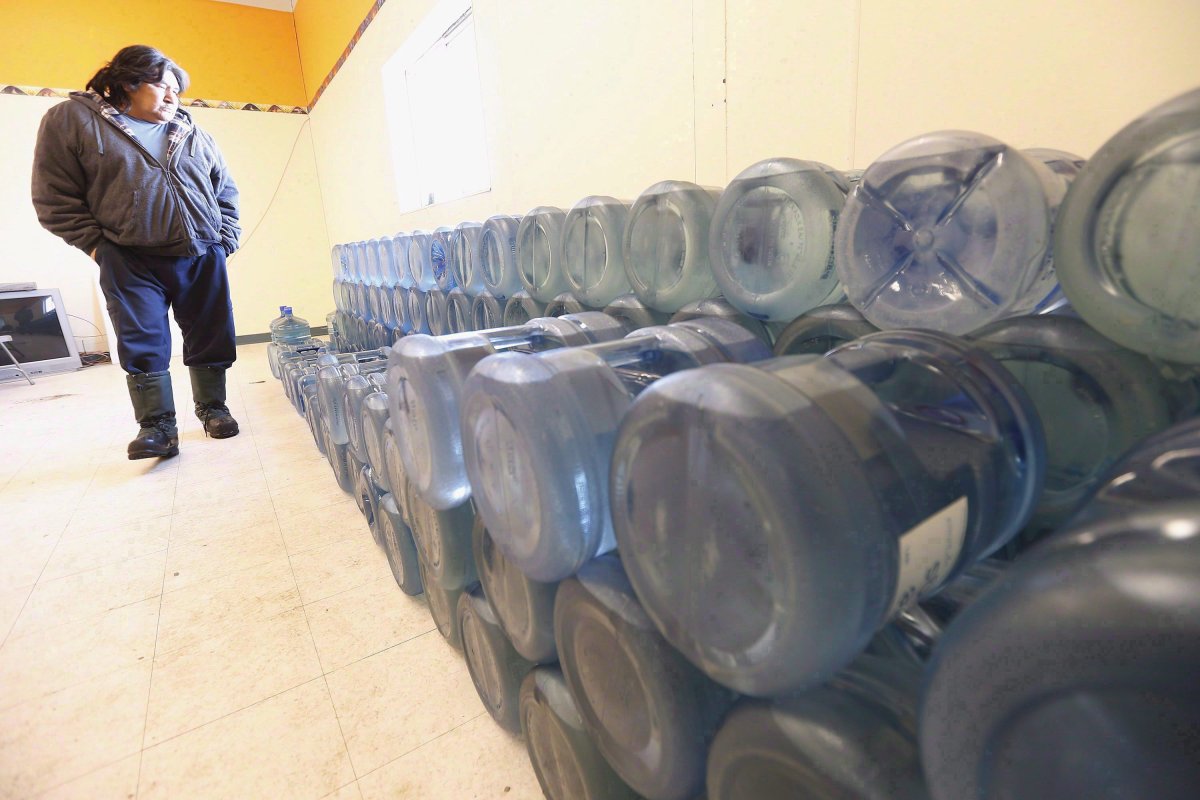Indigenous Services Canada won’t set a deadline for lifting all remaining long-term drinking- water advisories in First Nations communities.

Department officials said public health measures, contractor and human resource shortages as well as supply chain interruptions caused by the COVID-19 pandemic make it too difficult to figure out a firm timeline.
Indigenous Services Minister Marc Miller said he remains committed to ensuring every First Nation community will have access to clean drinking water.

“Our commitment to lift all long-term drinking-water advisories on public systems on reserve remain firm,” Miller said Wednesday at a news conference in Ottawa.
“We will continue working in partnership with First Nations to ensure every single one is lifted.”
Despite growing calls for an inquiry into how the federal government reviews major infrastructure projects on First Nations, Indigenous Services Canada will not be creating a list of contractors with bad track records.
Miller, however, said the federal government will work more closely with communities to help choose contractors for infrastructure projects like water treatment plants. Indigenous Services Canada is launching a new website to track progress on lifting the remaining advisories, which Miller called an “effort in transparency.”
“I believe Canadians need to see what I’m seeing,” Miller said. “The information here goes beyond long term tracking, drinking water advisory, it also includes details on why communities face long term drinking water advisories, the process involved in lifting and advisory the status of each project and the work required to keep water systems running and staffed.”
An investigation by Global News, APTN News and the Institute for Investigative Journalism (IIJ) exposed serious concerns with how some construction firms with a history of alleges questionable practices continue to receive lucrative contracts due to federal policies.
Prime Minister Justin Trudeau had promised in 2015 to lift all drinking-water advisories by this March. In December, Miller announced that deadline would be missed.
Over 100 long-term drinking-water advisories have been lifted since 2015, but there are still 38 First Nations communities where the water isn’t considered safe to drink. The Liberal government has committed $3.5 billion to eliminating long-term drinking water advisories.
Department officials told a technical briefing Wednesday that they are aiming to take full advantage of the spring and summer construction period to make up for the delays.
-With files from Global News



Comments